What if I told you things you like to do outside of work could be a secret weapon for standing out in competitive job markets?

Explaining hobbies in your resume can be a critical element in highlighting your potential to fitwithin a company while also demonstrating your skillsto prospective employers.
Elevate your resume from ordinary to extraordinary by strategically incorporating your hobbies, turning them into powerful toolsthat not only showcase your abilities but also paint a vivid picture of your character, leaving employers eager to learn more.

Using hobbies to showcase your skills
Hobbies can help strengthen your resume. One of the best reasons to add a hobbies section is to highlight your skills.
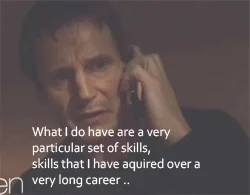
Employers typically break skills down into three categories:
Hard skills: technical abilities and knowledge needed in order to do a job.
Soft skills: abilities that relate to how well you work with other people.
Transferrable skills: abilities that are relevant across different areas of life (socially, professionally, or scholastically).
Check out some common hobbies and the workplace skills they're typically associated with. 👈
Quiz
Which of these would be a good hobby to list on a resume for an aspiring engineer? Select all that apply:
Benefits of adding a hobbies section to your resume
Other good reasons for job seekers to add hobbies to their resumes include:

Display cultural fit: Hobbies can emphasize shared values and goals with the prospective company. Employees who align well with the organization tend to have higher morale, resulting in increased productivity, and engagement.

Demonstrate well-roundedness: Exhibiting well-roundedness is a valuable trait in employees, indicative of a healthy work-life balance. Well-rounded individuals tend to experience higher levels of mental well-being, reduced workplace stress, and increased job satisfaction, contributing to enhanced employee retention.

Highlight creativity: Hobbies can help people think about obstacles in different ways, enhancing their problem-solving skills. Some hobbies also promote networking, allowing opportunities to interact with others and receive feedback.

Show adaptability: Does your hobby make you think on the fly? Being able to adapt to change is a valuable asset to employers and demonstrates the ability to embrace workplace challenges.
Is a hobbies section right for your resume?
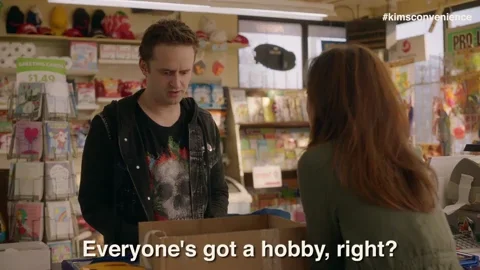
Consider discussing hobbies on your resume if:
The employer requests a hobbies or interests section.
Your hobbies are relevant to the job you are applying for. Make sure any hobbies you add align with the job listing.
You have limited work or educational experience. Hobbies can help explain your skillset.
A portfolio accompanies your resume. If your hobbies require any technical skills, portfolios can show your ability to apply them.
The employer values uniqueness and personality among applicants. Research the company online before you apply to understand the company culture.
When to avoid using hobbies on your resume
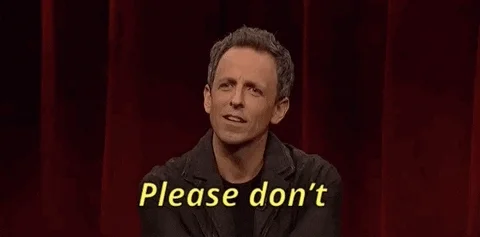
If your hobbies fall into the following categories, consider leaving them off your resume:
They require little interactivity: Remember, this is an opportunity to show your skills. The hobbies you list should be something you participate in actively.
Political or religious hobbies: These topics can be controversial and divisive, particularly in the workplace. You don't want employers to question your cultural fit based on hobbies.
Any hobbies that can be considered violent or dangerous: You don't want to give the impression that you participate in reckless or illegal activities. Even if the activity is legal, these types of hobbies add unnecessary personal information that don't highlight professional skills or cultural fit.
Quiz
You are applying for a job as an instructional designer. Which hobbies should you AVOID adding to your resume?
Choose the right formatting
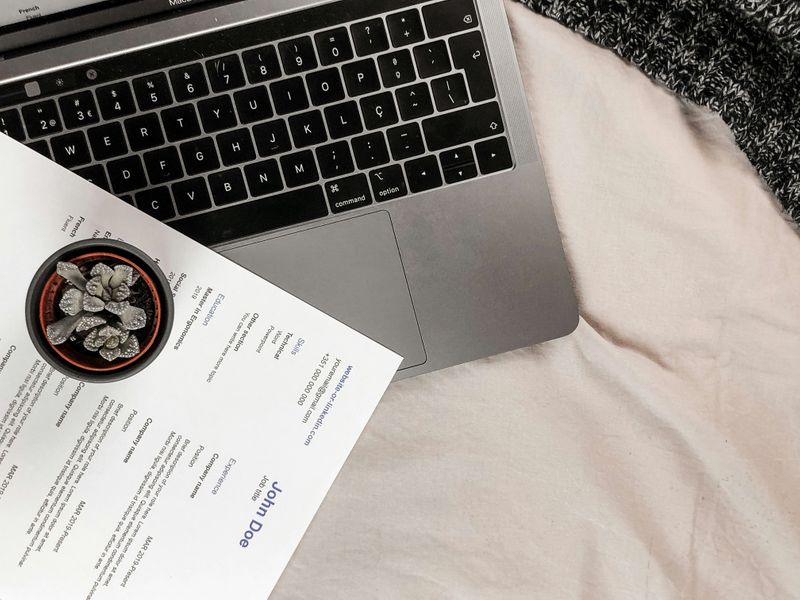 Photo by João Ferrão on Unsplash
Photo by João Ferrão on UnsplashWhen using a hobbies section on your resume, keep these tips in mind:
Don't add the hobbies section if it doesn't fit. If possible, limit your resume to one page.
Put them in a separate section. Like the other items on your resume, you want hobbies to be in a standalone section.
Place your hobbies section near the bottom. You don't want your hobbies to distract from your essential resume sections. Employers often read resumes very quickly. Make sure your most important sections are seen first.
Use approximately 4-6 hobbies in your hobby section with short descriptions for each. See the example below from Indeed.com:
Hobbies and Interests
• International travel: Make and plan annual trips to different countries to experience new cultures.
• Guitar: 10 years of guitar playing with regular lessons and practice, including as part of a small band.
• Community service: Actively volunteer at a local community soup kitchen twice a month to prepare and serve food.
• Mountain biking: Plan and execute team-based mountain biking excursions with local biking club.
Take Action
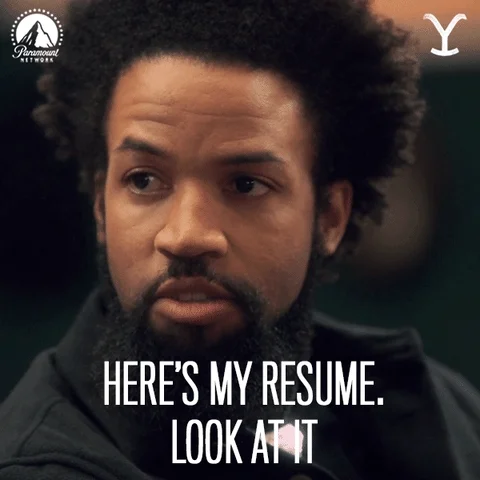
Your feedback matters to us.
This Byte helped me better understand the topic.
